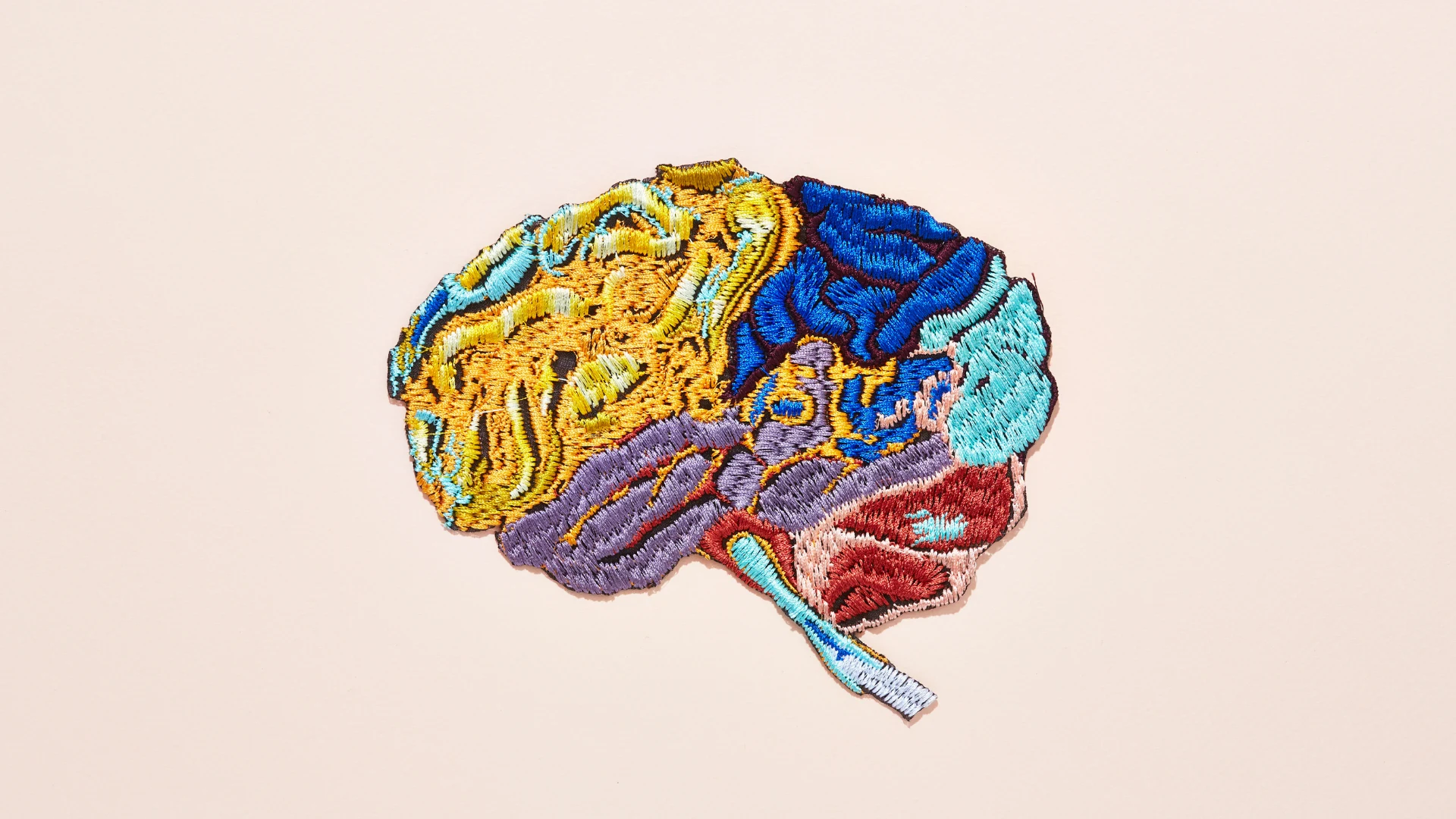Harnessing the Power of Biology: A Sustainable Revolution in Agriculture

For centuries, humanity has relied on tools and machines to shape the world around us. But a new, profoundly powerful technology is emerging – biology itself. We're increasingly understanding and leveraging the incredible capabilities of microorganisms to address some of the most pressing challenges facing our planet, particularly in agriculture.
Consider the vast fields of farmland stretching across the globe. Unseen beneath our feet, a silent revolution is underway, powered by microbial partners. These tiny organisms are working tirelessly to enhance crop yields while minimizing environmental impact. They’re not new – these symbiotic relationships have existed for millennia. What is new is our ability to understand, cultivate, and deploy them strategically.
The Rise of Microbial Solutions
These aren't your average microbes. We're talking about carefully selected and cultivated communities of bacteria and fungi that offer a range of benefits. They improve nutrient uptake by plants, making fertilizers more efficient and reducing the need for synthetic inputs. They bolster plant defenses against pests and diseases, lessening the reliance on pesticides. Crucially, they play a vital role in reducing greenhouse gas emissions.
A Significant Impact: Reducing Greenhouse Gas Emissions
The impact is already substantial. Since 2022, these microbial partners have prevented over 1.3 million metric tons of greenhouse gas emissions – a testament to their potential. This reduction is achieved through various mechanisms, including the suppression of nitrous oxide, a potent greenhouse gas released from agricultural soils. By optimizing soil health and plant growth, these microbes contribute to a more sustainable agricultural system.
Beyond Emissions: A Holistic Approach
The benefits extend far beyond greenhouse gas reduction. Microbial solutions promote healthier soils, improve water retention, and enhance overall crop resilience. This is particularly important in the face of climate change, where extreme weather events are becoming more frequent and severe. By strengthening plants from the ground up, we can build a more robust and sustainable food system.
The Future of Agriculture is Biological
The convergence of biology and human ingenuity is unlocking unprecedented opportunities to transform agriculture. As our understanding of the microbial world deepens, we can expect even more sophisticated and targeted solutions to emerge. This isn’t just about producing more food; it's about producing it in a way that is environmentally responsible and economically viable. The quiet revolution is gaining momentum, and biology is poised to become our most powerful and sustainable technology.
The future of farming isn't about bigger machines or more chemicals. It's about harnessing the incredible power of the natural world, one microbe at a time.






